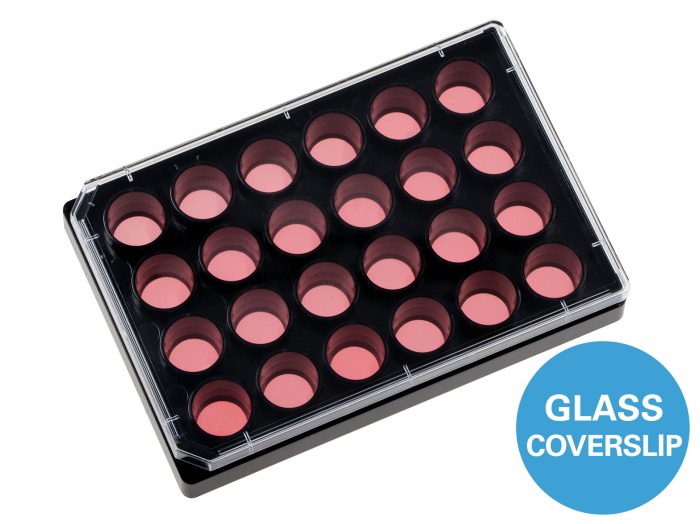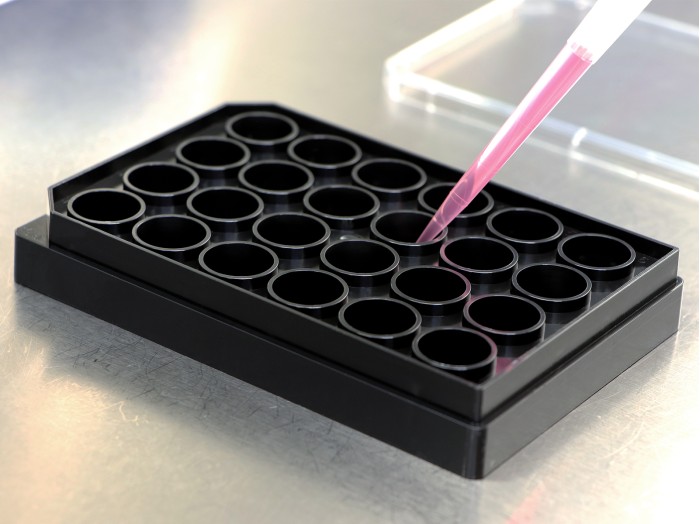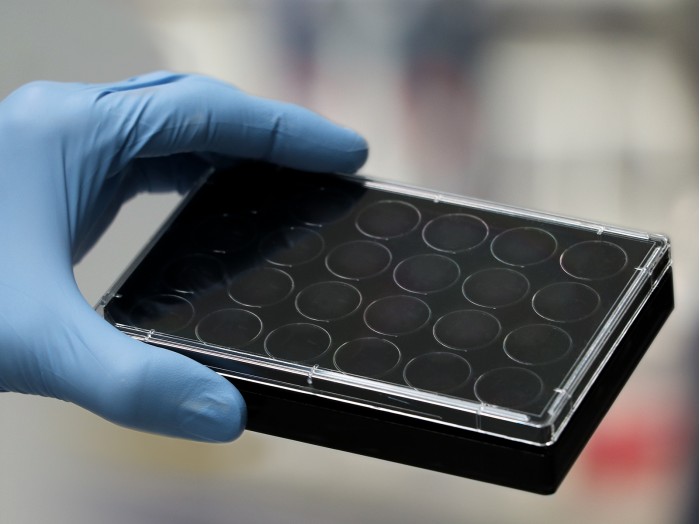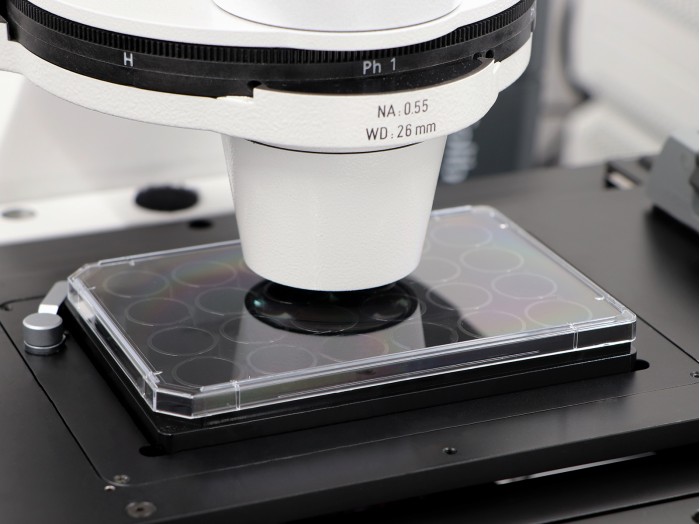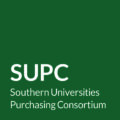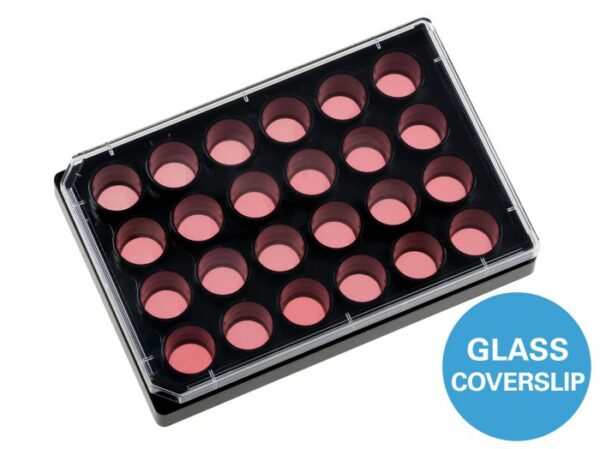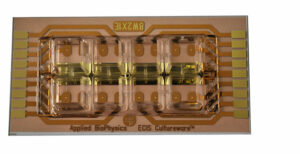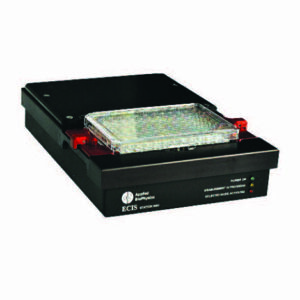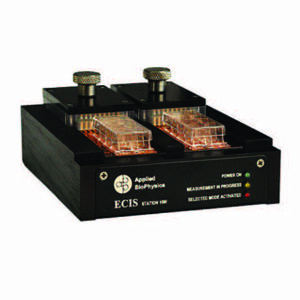Applications
- Cultivation, high throughput screening (HTS), and high-resolution microscopy of cells
- Widefield fluorescence imaging and confocal microscopy of living and fixed cells
- Compound screenings (toxicology)
- Large-scale transfection experiments
- Live cell imaging, also suited for extended periods
- Total internal reflection fluorescence (TIRF) and single molecule applications
- Super-resolution microscopy (STED, SIM, (F)PALM, (d)STORM) and fluorescence correlation spectroscopy (FCS)
- Immunofluorescence staining
Technical Features
- Standard format, compatible with robotics and plate readers due to an ANSI/SLAS (SBS) standard format (85.5 x 127.5 mm)
- 24 wells with standard numbering (letters A–D and numbers 1–6)
- Suitable for fluorescence scanners
- Bottom made from D 263 M Schott glass with a thickness of 170 µm +/- 5 µm
- May require coating to promote cell attachment
- No autofluorescence
- Excellent inner well flatness and whole plate flatness
- Compatible with staining and fixation solvents
- Sterile with single packaging
- Also available as µ-Plate 24 Well with a #1.5 ibidi Polymer Coverslip Bottom for optimized cell adhesion—for everyday use with diverse application possibilities
The Principle of the µ-Plate 24 Well Glass Bottom
The Coverslip Bottom
The µ-Plate 24 Well Glass Bottom comes with a high precision D263 M Schott glass, No 1.5H (170 +/– 5 µm) Glass Coverslip bottom. This bottom is ideally suitable for high-resolution microscopy and special microscopic applications like TIRF or super-resolution.
